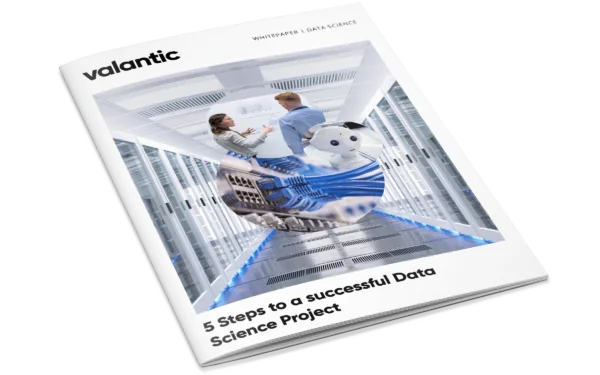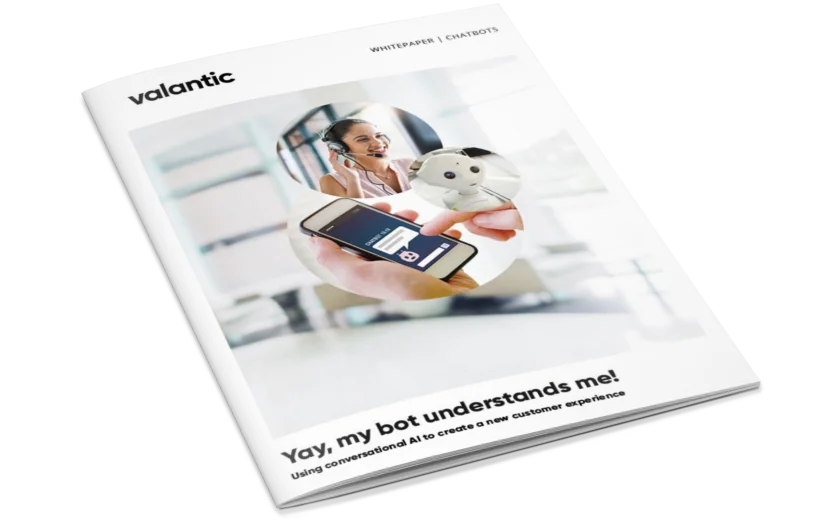Optimally exploiting the business benefits of artificial intelligence
AI consulting from valantic
valantic has identified numerous AI application scenarios from sales, marketing, production and HR that provide companies with concrete added value. From personalized medicine to intelligent assistance systems – AI opens up a world of possibilities. Find out how AI drives innovation and increases efficiency.











